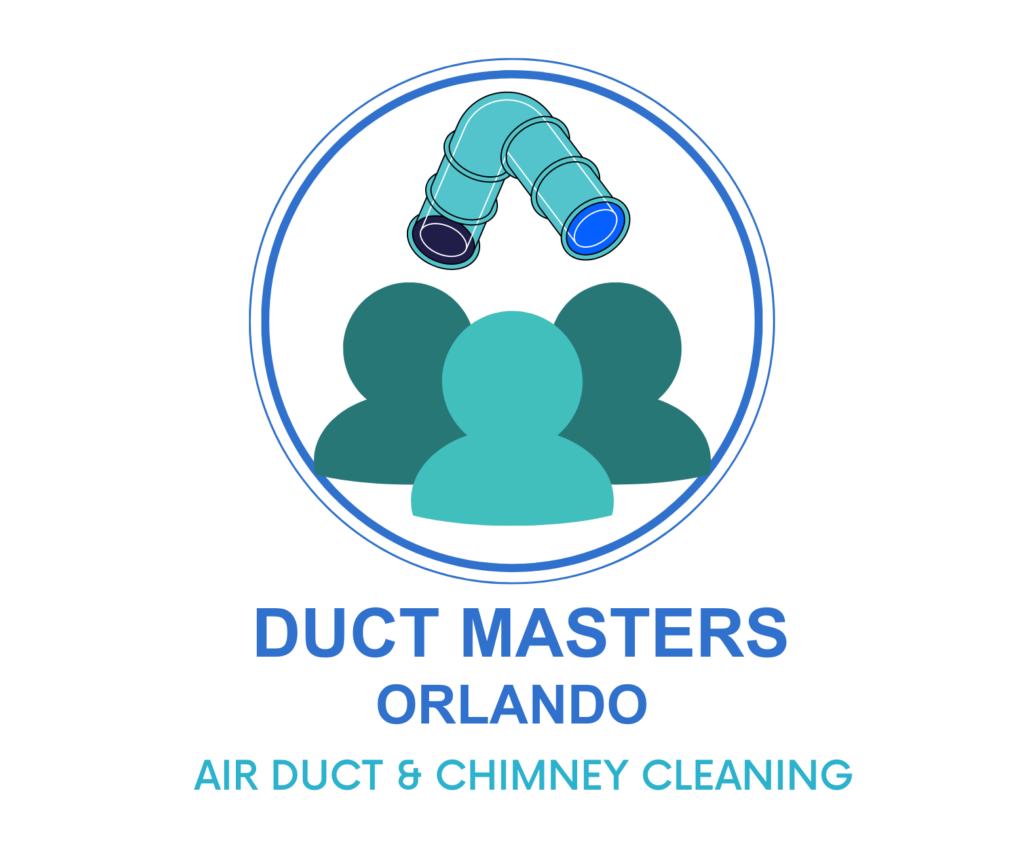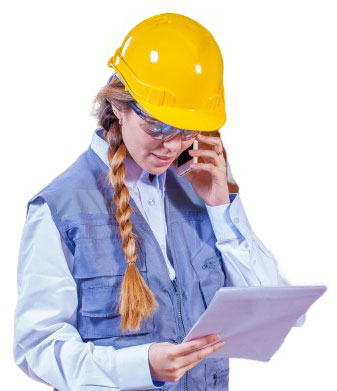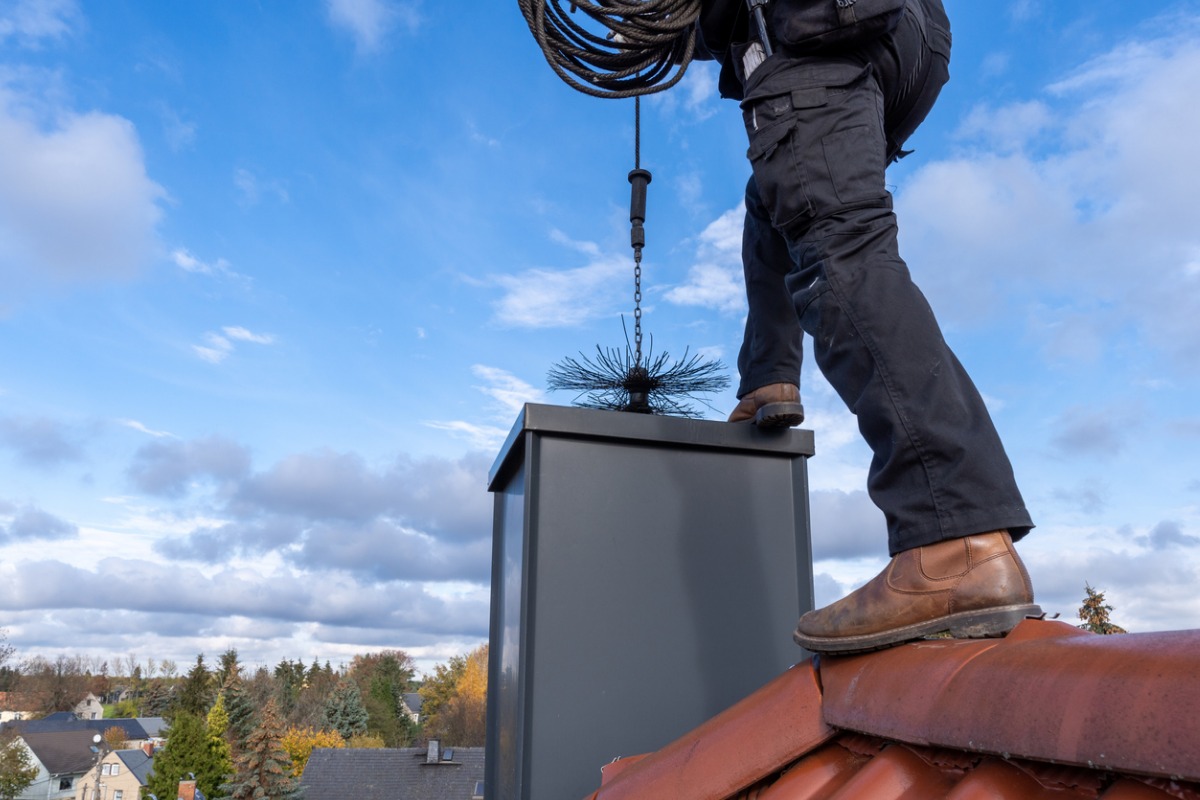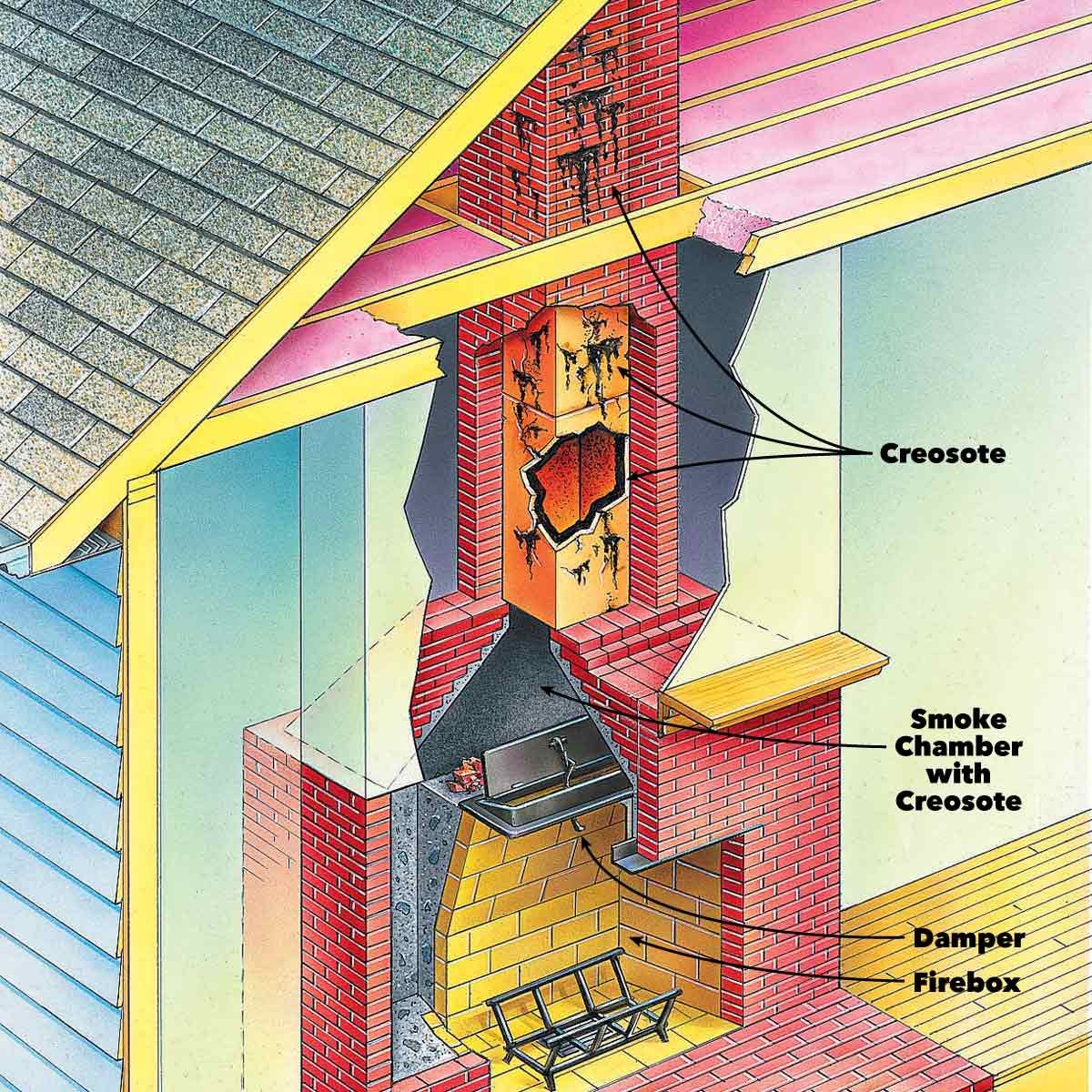
Duct Masters Tallahassee
Professional Chimney Sweep Services in Tallahassee
Our expert cleaning and removes blockages and built-up creosote from your chimney liner, firebox, smoke chamber and damper.
Get Your FREE Quote Today!

Duct Masters Tallahassee
Professional Chimney Sweep Services in Tallahassee
Our expert cleaning and removes blockages and built-up creosote from your chimney liner, firebox, smoke chamber and damper.
Free Consultation
Get A Free Quote
Duct Masters Tallahassee
Professional Chimney Sweep Services in Tallahassee
Our expert cleaning and removes blockages and built-up creosote from your chimney liner, firebox, smoke chamber and damper.
Free Consultation
Get A Free Quote
Why Chimney Cleaning?



Reducing The Risk of Chimney Fires
Efficient Operation of The Heating System Airflow
Proper Ventilation of Smoke, Gases, and Byproducts of Combustion
Why Chimney Cleaning?

Reducing The Risk of Chimney Fires

Efficient Operation of The Heating System Airflow

Proper Ventilation of Smoke, Gases, and Byproducts of Combustion
" Having a properly swept chimney benefits your fireplace by improving its safety and ensuring proper ventilation and functioning. Our experts will help ensure your home heating system is running smoothly and providing safe and effective heat for your family "

Frequently Asked Questions
What is a Chimney Sweep?
A chimney sweep refers to a professional who specializes in cleaning and maintaining chimneys. The primary role of a chimney sweep is to remove soot, creosote, debris, and other potential blockages from the chimney flue
Why is impotent to clean my chimney?
Fire Safety: Soot and creosote, which are byproducts of burning wood or fossil fuels, can accumulate inside the chimney flue over time. These deposits are highly flammable and can pose a significant fire hazard. Regular chimney sweeping helps remove these combustible materials, reducing the risk of chimney fires.
Proper Ventilation: A clean and clear chimney flue ensures proper ventilation of smoke, gases, and byproducts of combustion. When a chimney becomes obstructed or restricted, it can cause the accumulation of harmful gases, such as carbon monoxide, inside the home. Regular sweeping helps maintain proper ventilation and prevents the potential for carbon monoxide poisoning.
Efficient Operation: A clean chimney allows for efficient airflow, enabling the fireplace or heating appliance to function optimally. When a chimney is clogged or obstructed, it can lead to poor draft, reduced heating efficiency, and increased smoke or odors in the home. Sweeping the chimney helps ensure the efficient operation of the heating system.
When do I need to clean my chimney?
The frequency of chimney sweeping depends on several factors, such as the type of fuel used, the amount of usage, and the condition of the chimney. In general, it is recommended to have your chimney swept at least once a year. However, certain circumstances may require more frequent cleanings such as:
Wood-burning fireplaces or stoves: If you regularly use a wood-burning fireplace or stove, it is advisable to have your chimney swept once a year or after every cord of wood burned.
Pellet stoves: Pellet stoves produce a significant amount of ash and soot, which can accumulate in the chimney. It is recommended to have your chimney swept at least once a year for pellet stoves.
Coal or oil-fired appliances: These fuels tend to produce more residue and can lead to a higher buildup of soot and creosote. Chimneys connected to coal or oil-fired appliances should be inspected and cleaned annually.
Gas fireplaces or appliances: While gas burns cleaner than other fuels, it doesn't eliminate the possibility of debris accumulation in the chimney. It is still important to have annual inspections to ensure there are no blockages or other issues.
Irregular usage: If you use your fireplace or stove infrequently, it is still a good idea to have the chimney inspected and cleaned on a regular basis, as even occasional use can lead to the buildup of debris.
Signs of chimney problems: If you notice signs of chimney issues such as excessive smoke, strong odors, or black soot buildup inside your home, it is recommended to have your chimney inspected and swept, regardless of the regular maintenance schedule.

What Is The Chimney Sweep Process?
Inspection: A professional chimney sweep will start by inspecting the chimney, assessing its condition, and identifying any potential issues or areas of concern.
Preparation: The area surrounding the fireplace or heating appliance is typically protected with drop cloths or plastic sheets to minimize dust and debris.
Cleaning: Using specialized tools such as brushes, rods, and vacuums, the chimney sweep will clean the flue from top to bottom. The sweeping process dislodges and removes soot, creosote, debris, and any other blockages present in the chimney.
Removal of Debris: The chimney sweep will ensure that all the removed debris is safely and properly disposed of.
Inspection and Report: After the cleaning, the chimney sweep may conduct a post-sweep inspection to ensure the chimney is clean and in good condition. They may also provide a report on the condition of the chimney and recommend any necessary repairs or maintenance.

